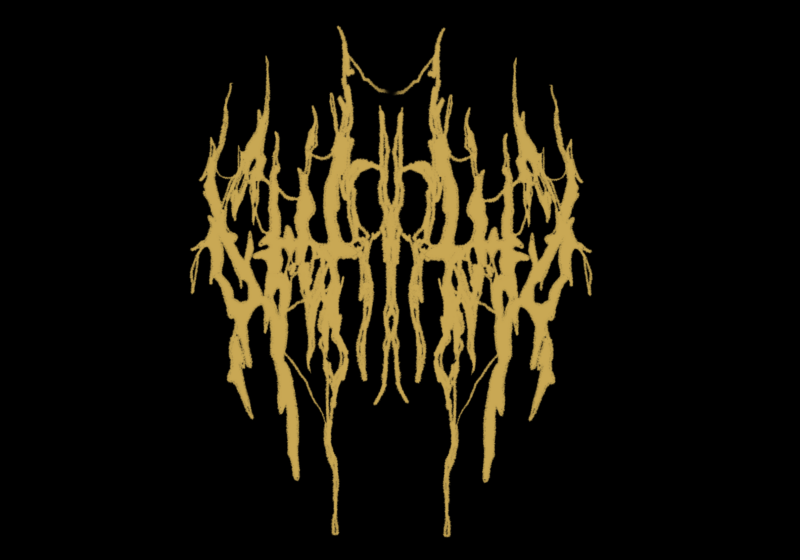Courtesy of imdb.com
Quentin Tarantino lives to rock the boat. Watch out, he nearly tips the damn thing over with “Django Unchained,” a pastiche of ’60s spaghetti westerns and ’70s blaxploitation that tackles America’s former love affair with slavery. Backed with a soundtrack featuring Rick Ross, John Legend, and, of course, Ennio Morricone, the film is less a reboot and more of an homage to Sergio Corbucci’s original “Django.”
Set in the antebellum South, the movie follows its eponymous hero (Jamie Foxx), a freed slave who teams up with dentist-turned bounty hunter King Schultz (brilliantly played by Christoph Waltz) to rescue his wife from the cruel Calvin Candie (an Oscar-deserving Leo DiCaprio). With a running time of almost three hours, “Django Unchained” gives free rein to the kind of colorful, meandering dialogue Tarantino fans have come to love. Who else could take something as despicable as the KKK and portray its members in a comedic light as the dimwitted douche bags they really were? Even Tarantino makes a bizarre cameo, sporting an unconvincing Aussie accent to top it all. Don’t ask.
With his latest revisionist take on history, Tarantino refuses to test the water — he cannonballs right in and makes a splash. Sure, it’s a bit much. But if there’s one thing to expect from Tarantino, it’s that his films drip excess. In this case, it’s the auteur’s attempt to do justice to the oft-glossed over subject of slavery, an ambitious plan executed masterfully. From its brutal depiction of Mandingo fighting to its glorification of black-on-white violence, “Django Unchained” screams self-indulgence. As Dr. Schultz put it, “I couldn’t resist.”
Grade: A
Gould is a member of the class of 2014.




